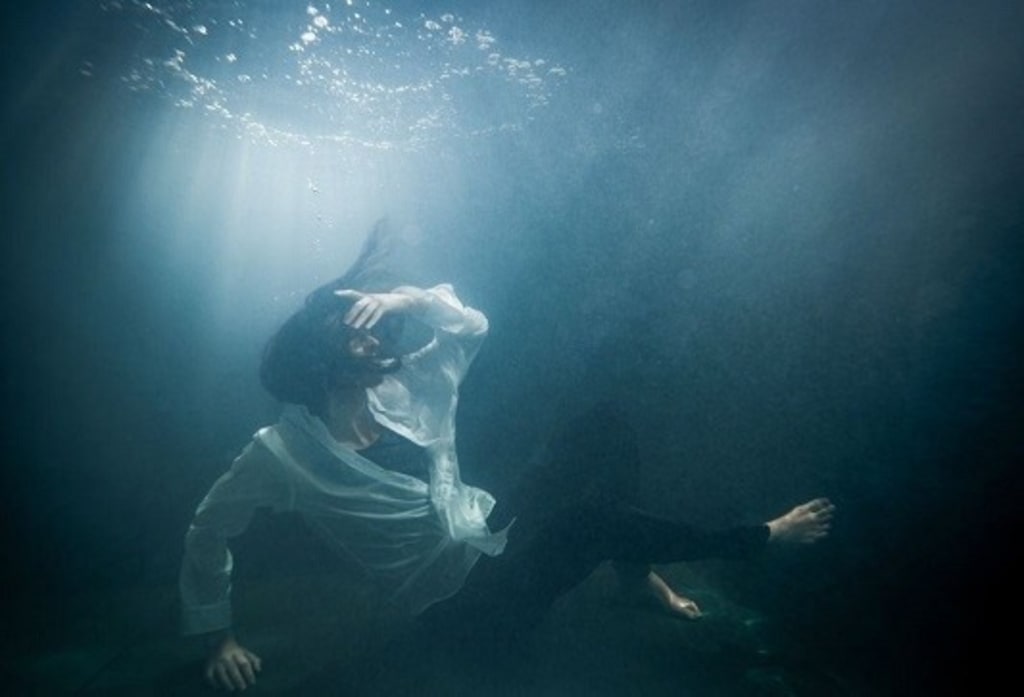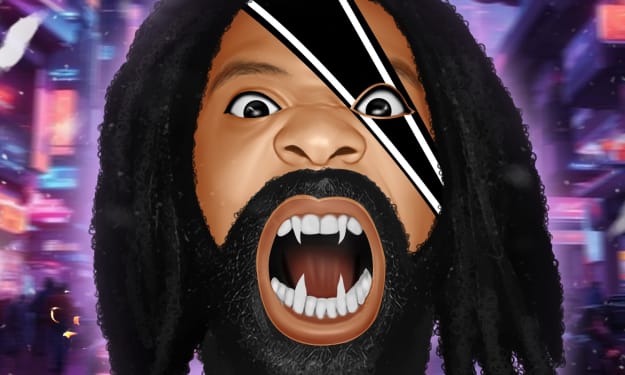Hozier's music and it's place in the ongoing revolution
How Hozier's songs have become protest anthems against social injustices.

Andrew Bryce Hozier is an Irish musician mainly known for his single that has kick started his success in the music industry; "Take Me To Church". It made it to top of the charts in 12 different countries and number 2 on the "Billboard Hot 100" on December 2014. Aside from the commercial success the song received, it's not the average love song you'd expect to hear on the radio.
The song is heavy in religious terminology as it describes a love/lover that is reprimanded by the church. It almost feels like a big middle finger to any religion that deems the act of loving a sin, especially the Catholic Church Hozier was born into. With Hozier's open support for LGBTQ rights and the music video for the song explicitly showing the struggles of a same sex couple, the song quickly turned into an anthem for a community that had to fight for their rights, but it was only the first of many yet to come.
The second album Hozier released "Wasteland, Baby!" had more to touch on in terms of current social issues. "Be", the 1oth track in the album, describes the world as we know of it as apocalyptic, referring to Trump's anti-immigrant agenda, Climate Change and sea levels rising, while "Nina Cried Power" encourages the act of protesting and pays tribute to the artists that came before Hozier and their legacy. The song, along with featuring Mavis Staples, mentions musicians who sung for freedom and civil rights such as John Lennon, Marvin Gaye, BB. King, Curtis Mayfield, Woody Guthrie and Nina Simone, who not only inspired the title of the track but also may have inspired it lyrically with her own song "Sinnerman". Also, by casting young Irish activists for its music video, Hozier puts more emphasis on the legacy of protest and how it should be continued by the younger generations.
With his recent release, "Jackboot Jump", Hozier gave up on subtle references to politics and dedicated the song to protestors all around the world, mentioning the protests that lead to death of 70 in Hong Kong and the arrest of thousands in Moscow. He introduced the song as coming from the same place as Woody Guthrie's "Tear the Fascists Down", before performing it live on Greek Theatre, L.A.
Hozier's music not only talks about the fight for equality and rights for many but also supports it, which is sadly uncommon in the music industry as many artists despite supporting these causes, tend to write and sing about personal issues only, rather than addressing current social issues in their art. We talk about how much representation matter in movies but why not music? In the past, music had a big impact on societal change, there might be more awareness raised on issues like racial inequalities or homophobia but these are things that continue to be present in today's world, along with many more such as anti-immigrant propaganda and climate change. If we expect change, we need to talk about it, write about it and sing about it, and artists have bigger platforms to do these. For now Hozier's songs are some examples of these protest anthems, and hopefully they won't be the last.






Comments
There are no comments for this story
Be the first to respond and start the conversation.